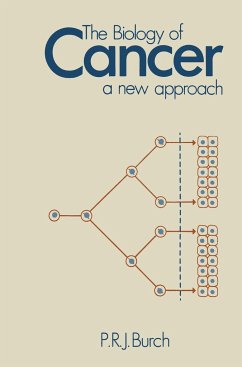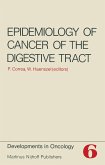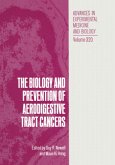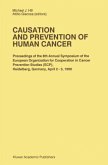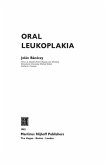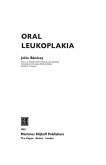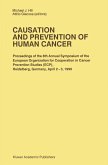Of all the diseases that afflict mankind those described as 'cancer' evoke the strongest emotions. 'Cancer' connotes pain, protracted suffering, hideous growth and death. It is widely and justifiably feared. In medically advanced countries, malignant neoplasms (the official term for cancers) account for a substantial proportion of all deaths. Out of a total of 575194 deaths in Eng land and Wales during the year 1970, some 117076-or 20·4 per cent-were attributed to neoplasms of one kind or another (Registrar General, 1972). Diseases of the circulatory system-mainly arteriosclerotic and degenerative heart disease-claimed many more victims, being responsible for some 50·6 per cent of all deaths, but our psyche evidently responds more to the manner of the disease than to the number of deaths it causes. Many of us will have witnessed the deterioration of a close friend or relative suffering from an inoperable cancer: such an experience induces a sense of hopelessness and helplessness.The feelings of sorrow and distress can be a powerful stimulus to action and they often result in dedicated and tireless research efforts. At the same time, the very strength and depth of the commitment may sometimes be incompatible with the detachment that is needed for objective analysis and a wise strategy. Not too rigorously, we reason that if only we can discover the causes of cancer, then our problems will be solved and our agonies relieved. Remove the cause: prevent the cancer. The logic exerts an irresistible appeal.
Hinweis: Dieser Artikel kann nur an eine deutsche Lieferadresse ausgeliefert werden.
Hinweis: Dieser Artikel kann nur an eine deutsche Lieferadresse ausgeliefert werden.

